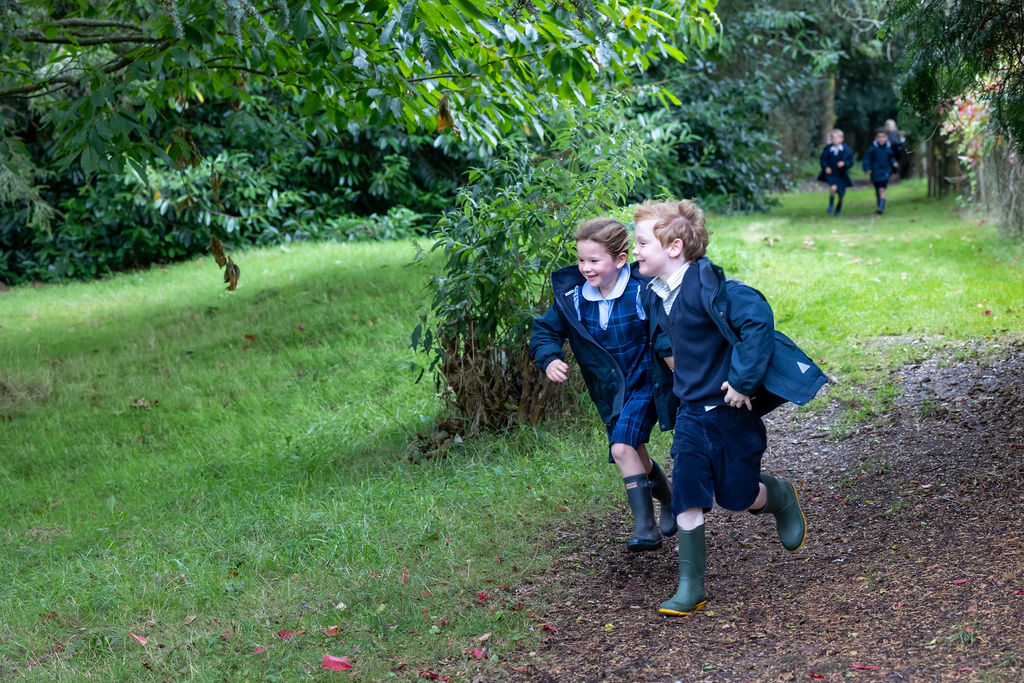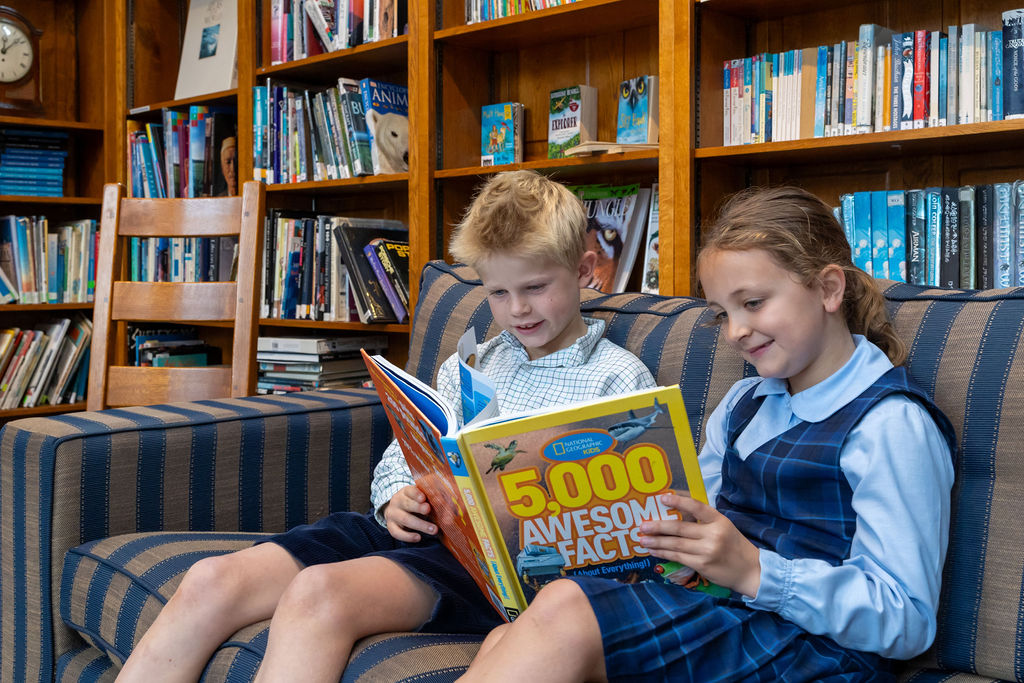
The Meaning of Freedom in Education
.jpg)
Rob Stewart, Headmaster - 11th December 2023
If you talk to a child about freedom, they are likely to associate it with the absence of rules, censure, or difficulty. At Horris Hill we talk a great deal about freedom and spend time exploring how our school can provide the kind of freedom that children need to thrive and bloom.
Childhood should be about freedom, but a school that is effective provides those same children with freedom in the years ahead after they leave school. Knowing what that looks like today is a challenge, but it is worth searching and seeking for the right balance of skills and influences to make that happen.
It is true that children at Horris Hill have an unusually large amount of space to explore. Whether playing sport on the many pitches in the school grounds, exploring the woods as part of Forest School or growing food in the Kitchen Garden, the school provides spaces for children to learn skills in the great outdoors. Children remain safe and secure in their daily play and are able to enjoy fresh air and exercise as part of their everyday school experience. That is certainly one aspect of the freedom of Horris Hill.

However, freedom is also about independent learning and the ability to explore ideas and feed curiosity.
In our Lower School and Nursery there is a strong emphasis on child-led discovery; small classes allow children the space and time to follow their own interests and explore their imagination. This means that when children reach the upper years, they are more sophisticated and keener to learn, not just about their subjects but also the world around them. These are crucial factors in fostering a scholarly mind, but also giving children access to ideas and questions that they might not have considered had they not been able to explore in this way.
Children read a great deal at Horris Hill. The library is stocked with a wealth of books and children spend long hours each week there or reading at ‘Rest’ in their classrooms. Freedom is about feeding the imagination, giving children a thirst for stories and characters, increasing their empathy, developing their emotional literacy, and building their vocabulary. This is certainly a kind of freedom worth fostering.

Children today are often distracted by technology and a slave to the temptations and short-term satisfactions of the online world. At our school, we allow pupils to develop their skills by using Chromebooks and computers, but we remove their access to phones and tablets as part of their recreation. Children need to learn the skill of self-regulation, and we encourage children to use their free time constructively and positively. This is crucial to their personal wellbeing, but also helps them develop the best social and emotional skills which they need to navigate the challenges of their future lives.
Boarding schools often provide the foundation for negotiating difficult social situations; children learn to compromise and get along with others because that is how they get the best out of their time at school. This can often be challenging, but it equips children with the skills that last a lifetime. It is also a kind of freedom.
We are a Christian school and Christianity explores the paradox of freedom. That in giving, we receive, in remaining humble. We are raised up, and that in rules and morals, humans can avoid acting in ways that reduce their freedom. Freedom is truly gained when our conscience and character are sharpened, so we learn to judge well, think critically and act generously out of habit and without thought for our own needs. If a school can support this alongside all the other freedoms that it provides, then not only is the school a happier place, but the children will also flourish in their future lives. This is why Horris Hill celebrates freedom as one of its key principles.
To find out more about school life at Horris Hill, contact admissions@horrishill.com, or visit us on one of our open days.
